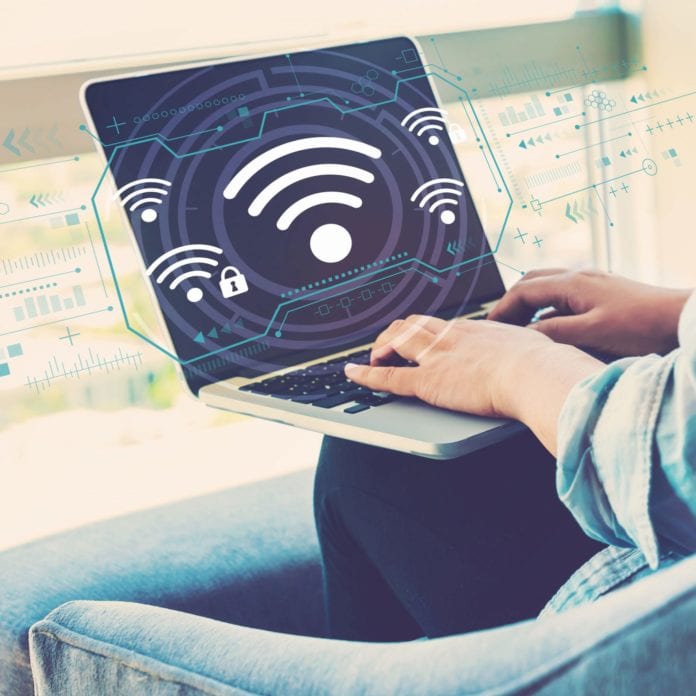The Wi-Fi Alliance: ‘The value of Wi-Fi will reach $3.3 trillion this year’
The Wi-Fi Alliance published a recent report that 2021 will see the current annual global economic value of Wi-Fi will reach $3.3 trillion. The report further suggests that Wi-Fi value will climb to $4.9 trillion by 2025. If correct, these forecasts represent a 150% growth in the technology’s value from 2018 to 2025.
In a statement, Edgar Figueroa, president and CEO of the Wi-Fi Alliance characterized Wi-Fi and its contribution as “a global economic engine.”
The Alliance focused on Wi-Fi’s value in 15 economies, using several factors, such a free Wi-Fi access, residential and enterprise savings, Wi-Fi 6 adoption, availability of 6 GHz spectrum and the coronavirus pandemic to create a picture of how Wi-Fi current and expected value in each country. Those economic estimates included:
- Australia: $34.7 billion in economic value today, $41.7 billion by 2025
- Brazil: $105.2 billion in economic value today, $124.3 billion by 2025
- Colombia: $18.9 billion in economic value today, $41.4 billion by 2025
- European Union: $457.6 billion in economic value today, $637.2 billion by 2025
- France: $62.5 billion in economic value today, $104 billion by 2025
- Germany: $134.5 billion in economic value today, $173.3 billion by 2025
- Japan: $251.1 billion in economic value today, $324.9 billion by 2025
- Mexico: $56.6 billion in economic value today, $117.5 billion by 2025
- New Zealand: $6.7 billion in economic value today, $9.8 billion by 2025
- Poland: $16.1 billion in economic value today, $21.6 billion by 2025
- Singapore: $10.6 billion in economic value today, $12.4 billion by 2025
- South Korea: $89.3 billion in economic value today, $139.5 billion by 2025
- Spain: $40.4 billion in economic value today, $54.1 billion by 2025
- United Kingdom: $98.8 billion in economic value today, $108.5 billion by 2025
- United States: $995 billion in economic value today, $1.58 trillion by 2025
The report explored what factors contribute the most to how the value of Wi-Fi is assessed, one of which, of course, is the ongoing Coronavirus pandemic, which highlighted the criticality of reliable and accessible wireless connectivity.
“Unexpected disruption to the global economy due to the COVID-19 pandemic has caused economies to use Wi-Fi to keep businesses and critical functions operational, changing the way the world works, learns, entertains, and stays connected to friends and family,” stated the report.
Other factors include the availability of free Wi-Fi networks in public locations, residential and enterprise Wi-Fi savings and the manufacturing and Wi-Fi ecosystem.
Further, the report claimed that Wi-Fi 6E, which refers to extending the features of Wi-Fi 6 into the 6 GHz spectrum, will lead to a number of market transformation such as the broader scale IoT deployment, the increase in video streaming and additional AR/VR application innovations.
“Wi-Fi’s inherent strengths have driven the global economic value to new levels and proved to be the answer for meeting the growing demand for connectivity,” said Dr. Raul Katz, study lead author and president of telecom advisory services. “Wi-Fi has played a critical role for consumers and businesses during the pandemic. It is important to ensure sufficient spectrum to continue its social and economic benefits now and in the future.”

